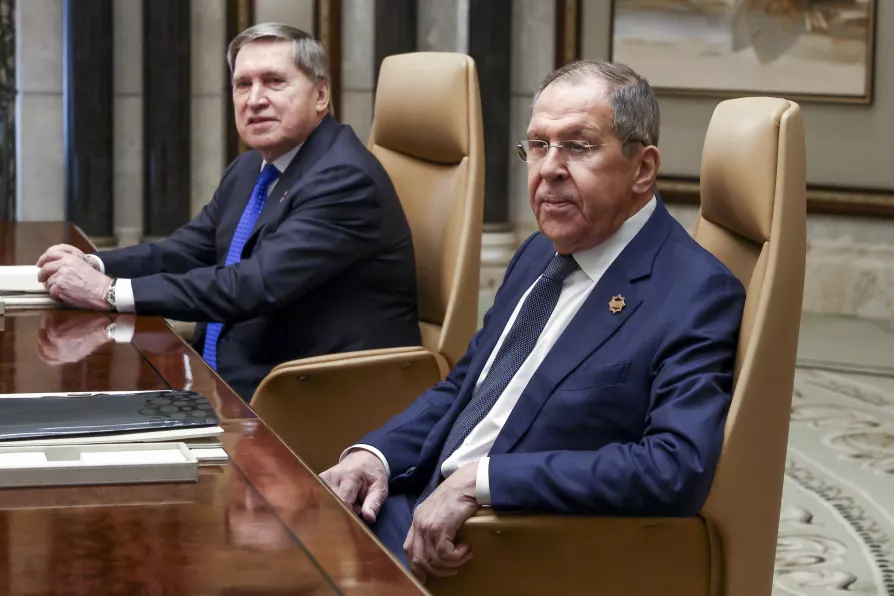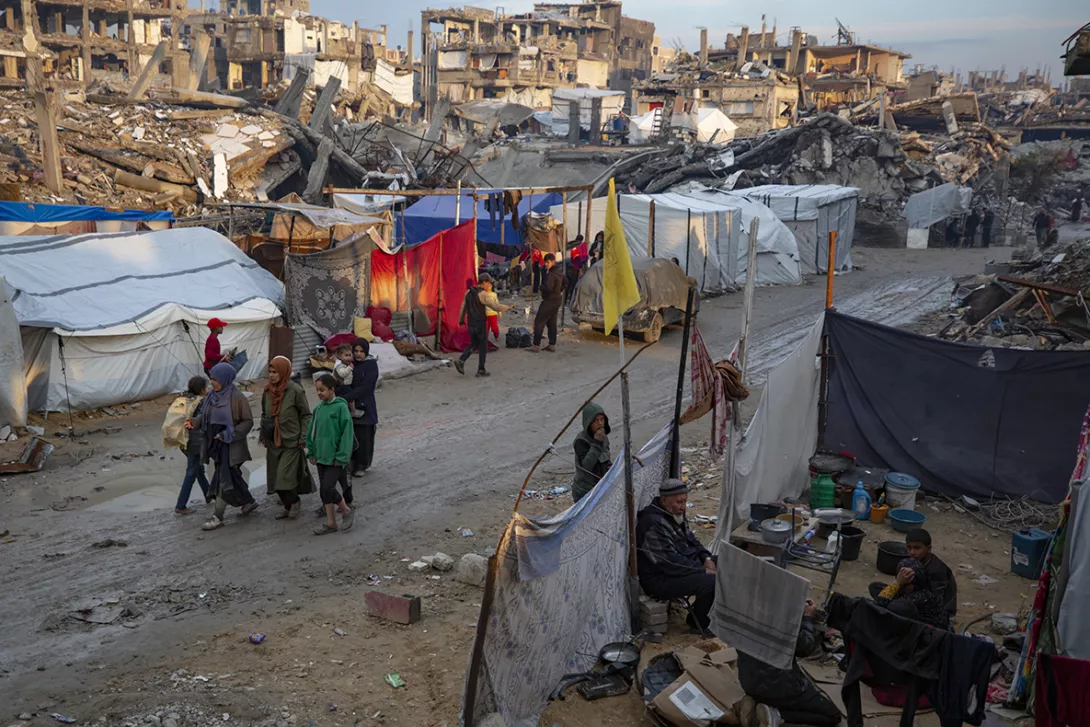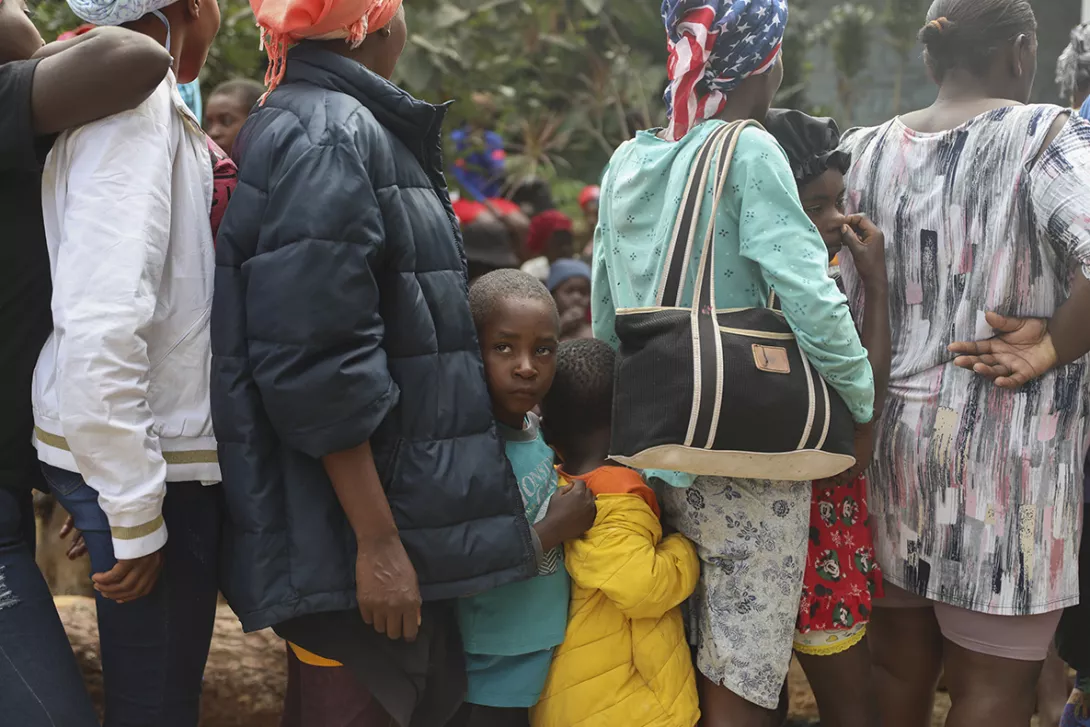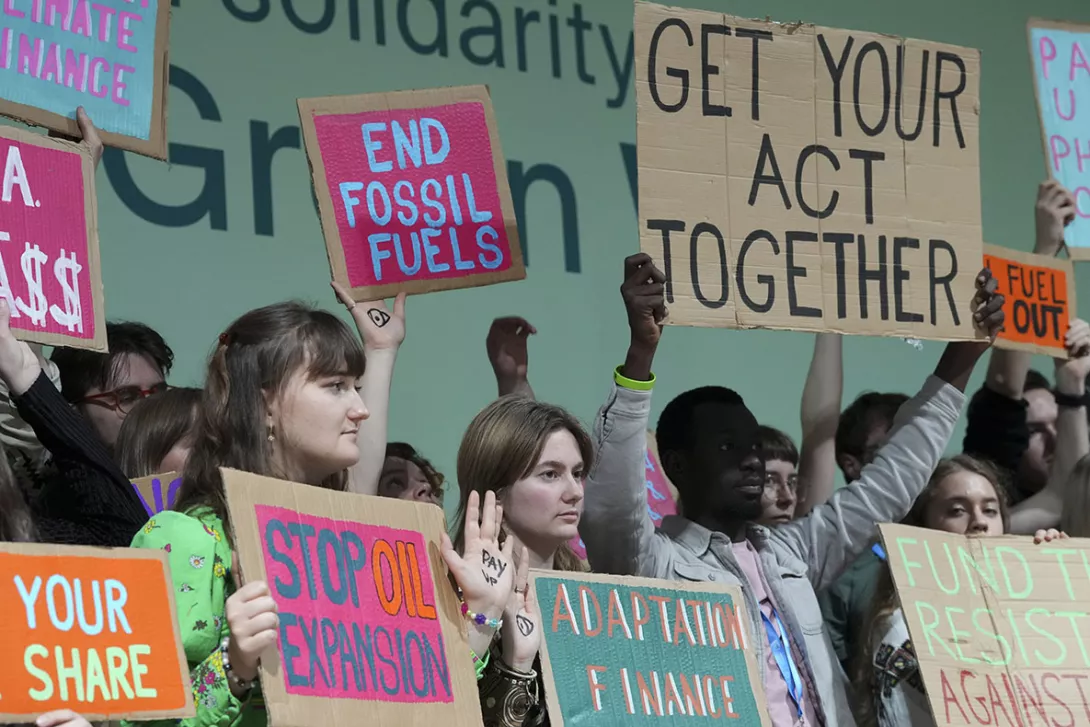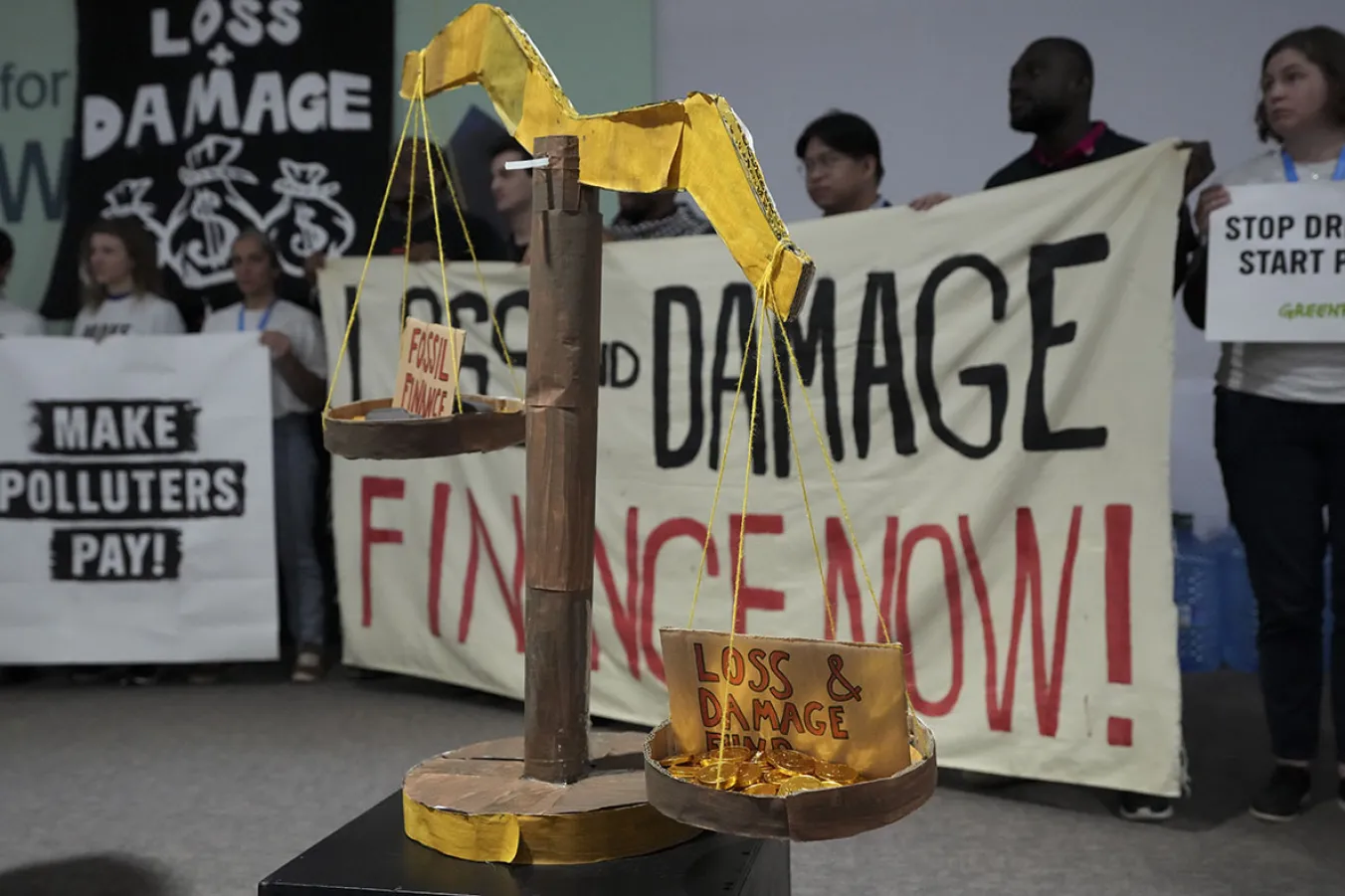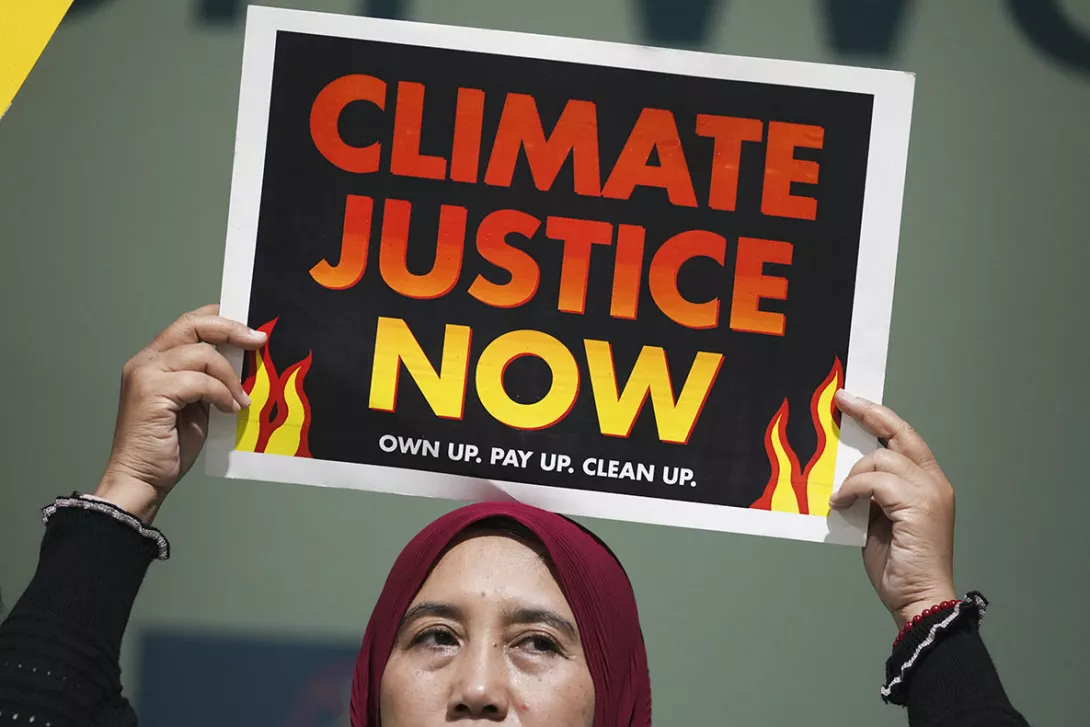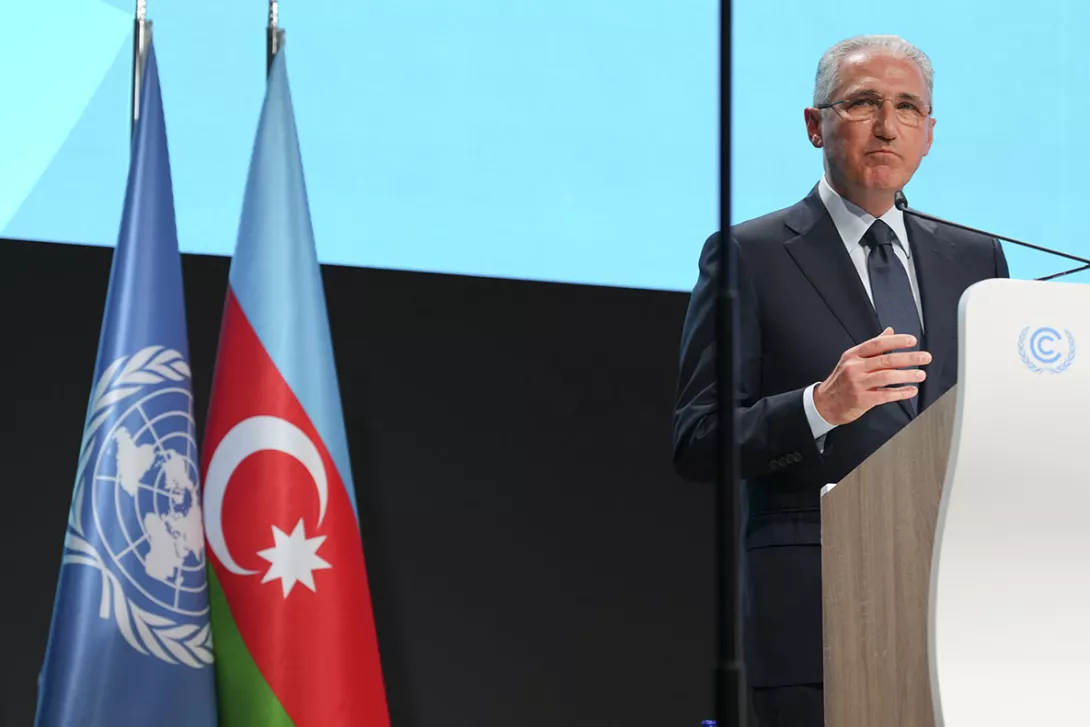Deadlock remains over climate finance at Cop29 summit despite G20 signals
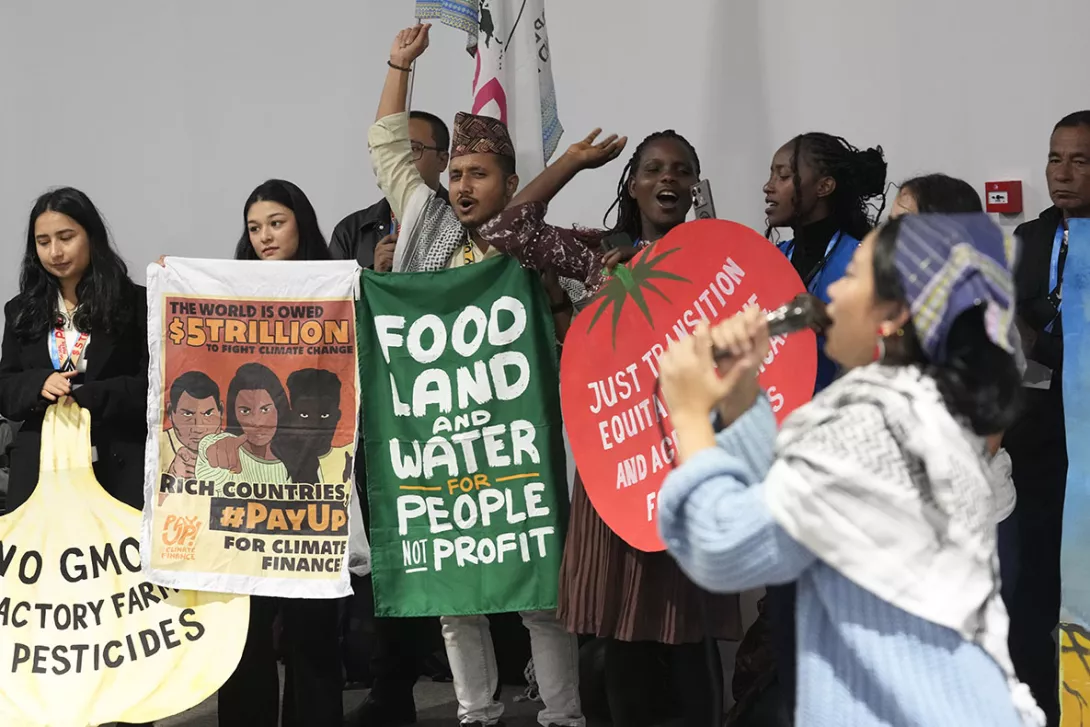
NEGOTIATORS at the Cop29 summit in Azerbaijan were working today to break a deadlock over the “trillions” of dollars needed to help poorer countries deal with the impact of climate change.
Ministers at the UN talks in the capital Baku had been waiting for the declaration from their countries’ leaders, who had gathered for a G20 meeting in Rio de Janeiro, Brazil.
While there was no direct call by the leaders to transition away from fossil fuels, their statement on climate finance was cautiously welcomed at the sports stadium where the conference is taking place.
More from this author
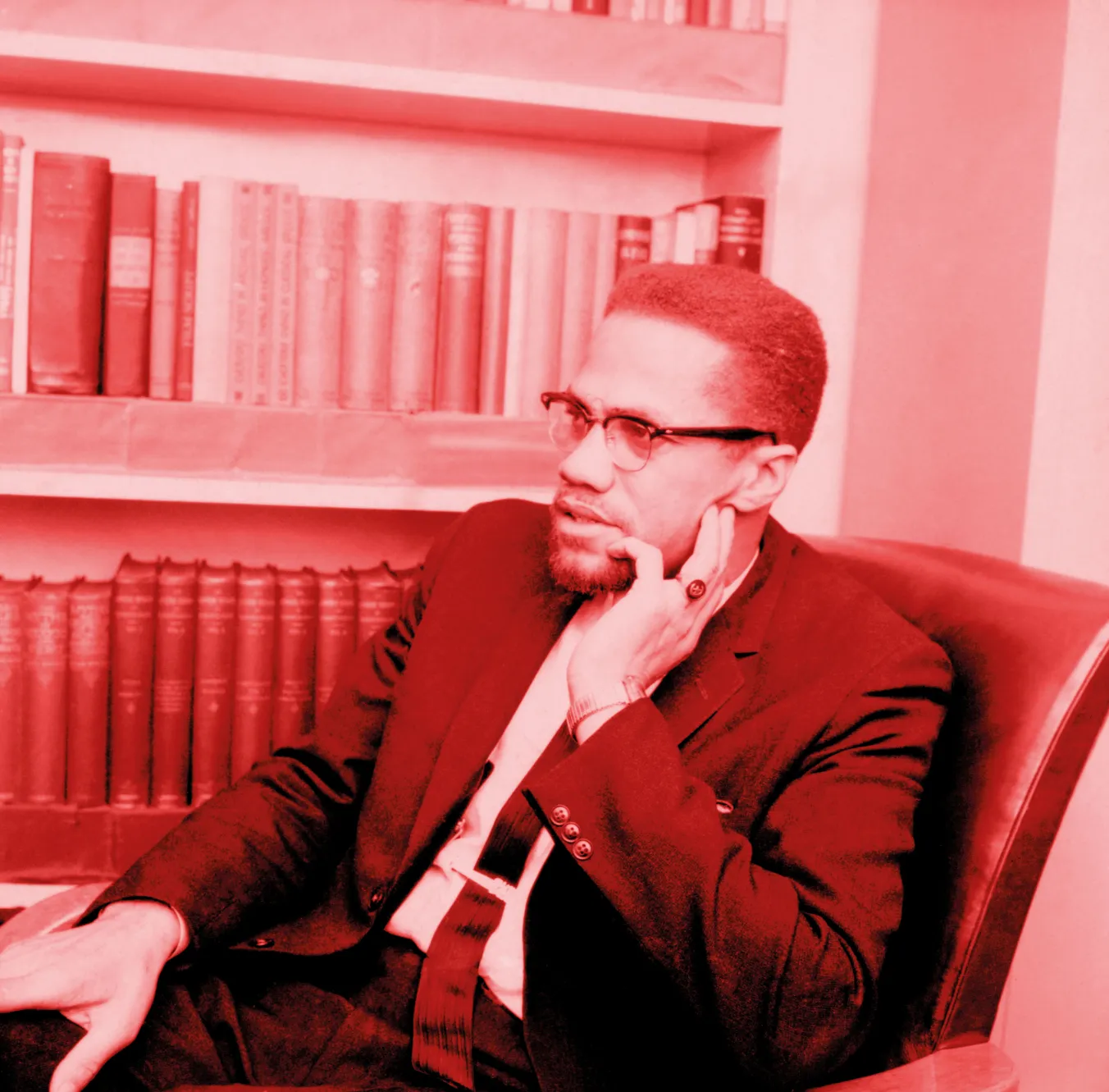
ROGER McKENZIE looks back 60 years to the assassination of Malcolm X, whose message that black people have worth resonated so strongly with him growing up in Walsall in the 1980s
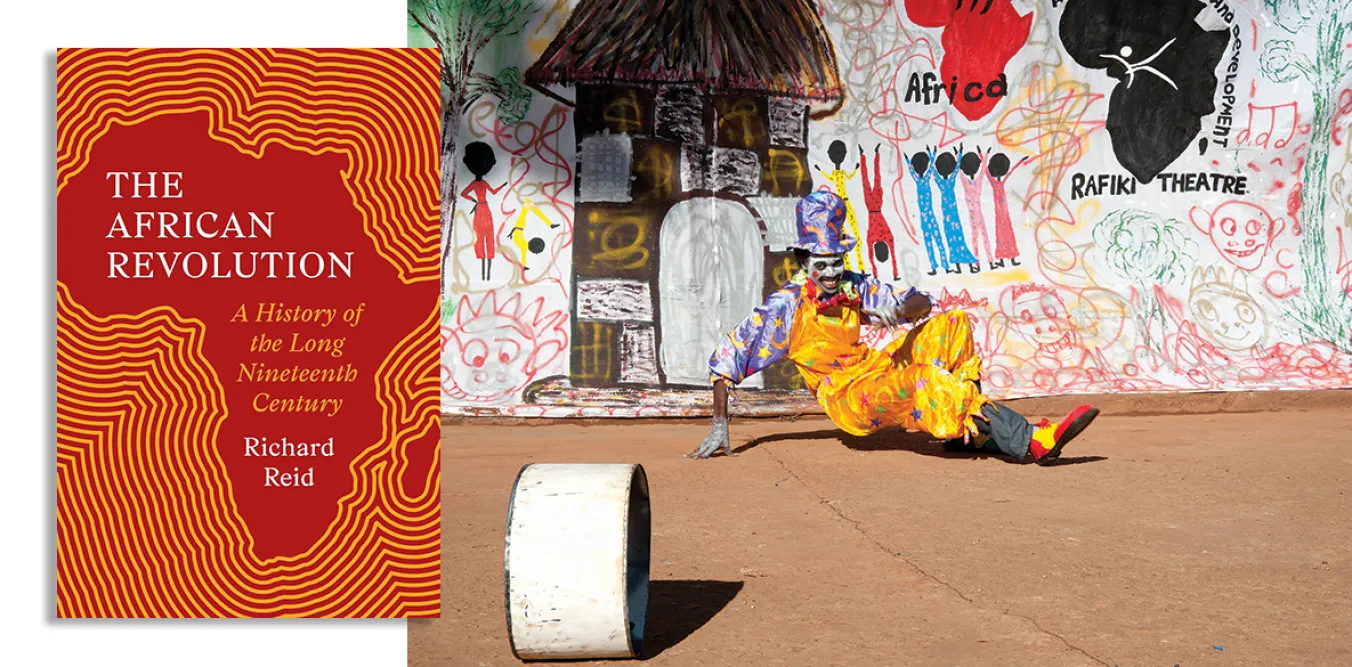
ROGER McKENZIE welcomes an important contribution to the history of Africa, telling the story in its own right rather than in relation to Europeans


